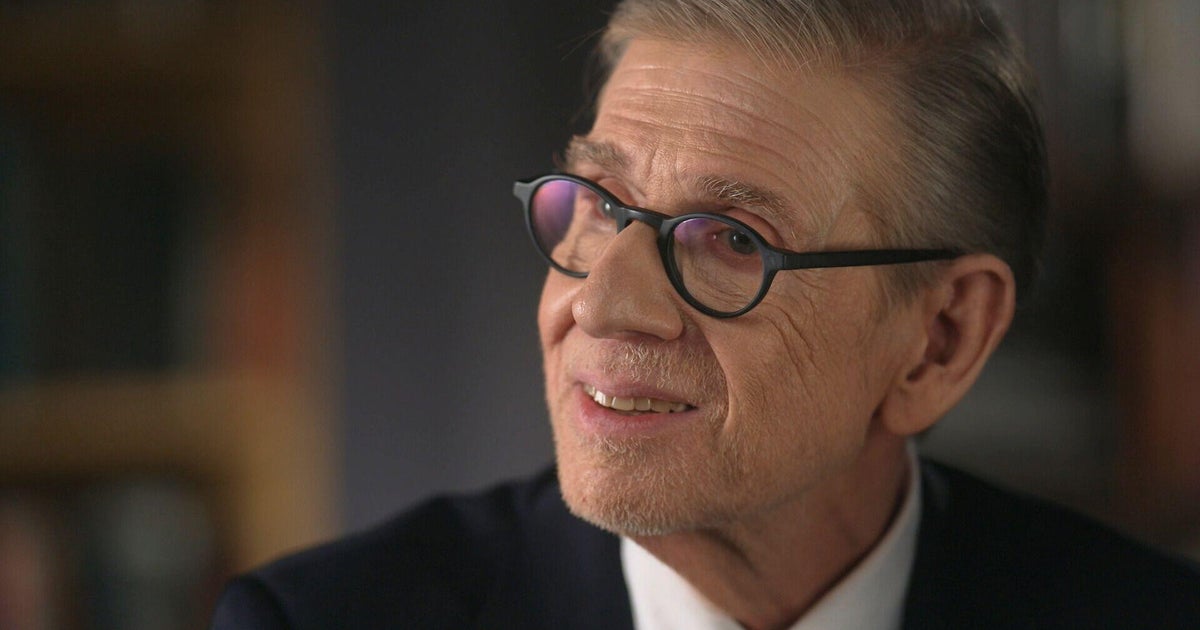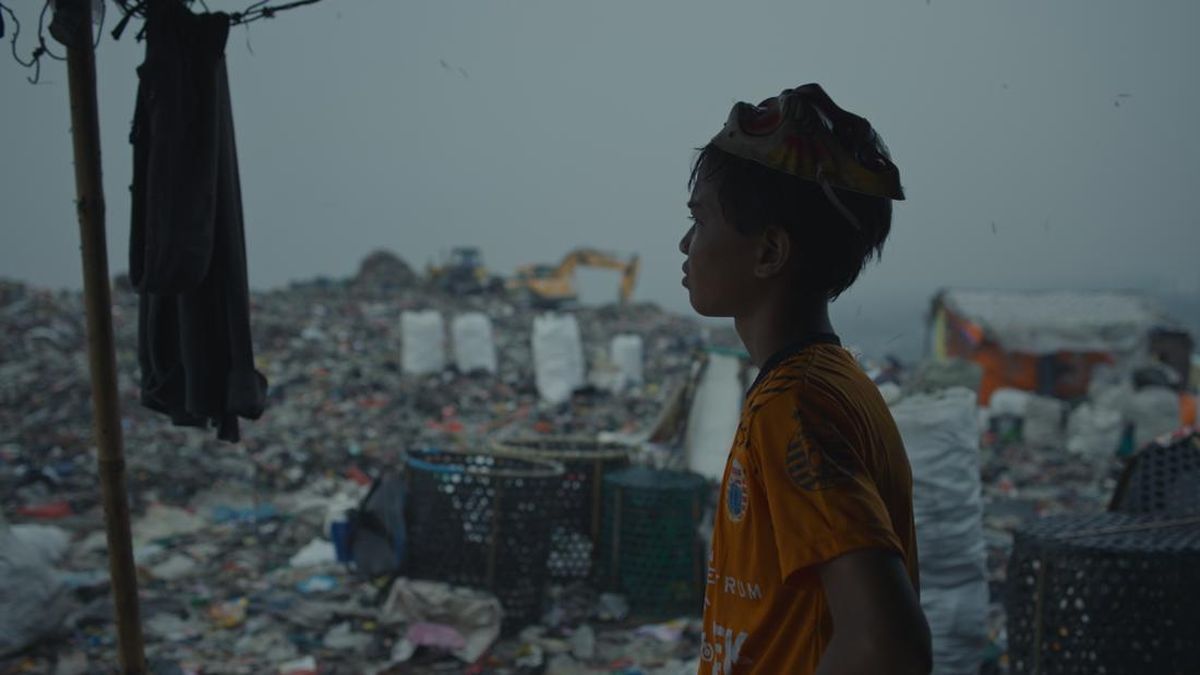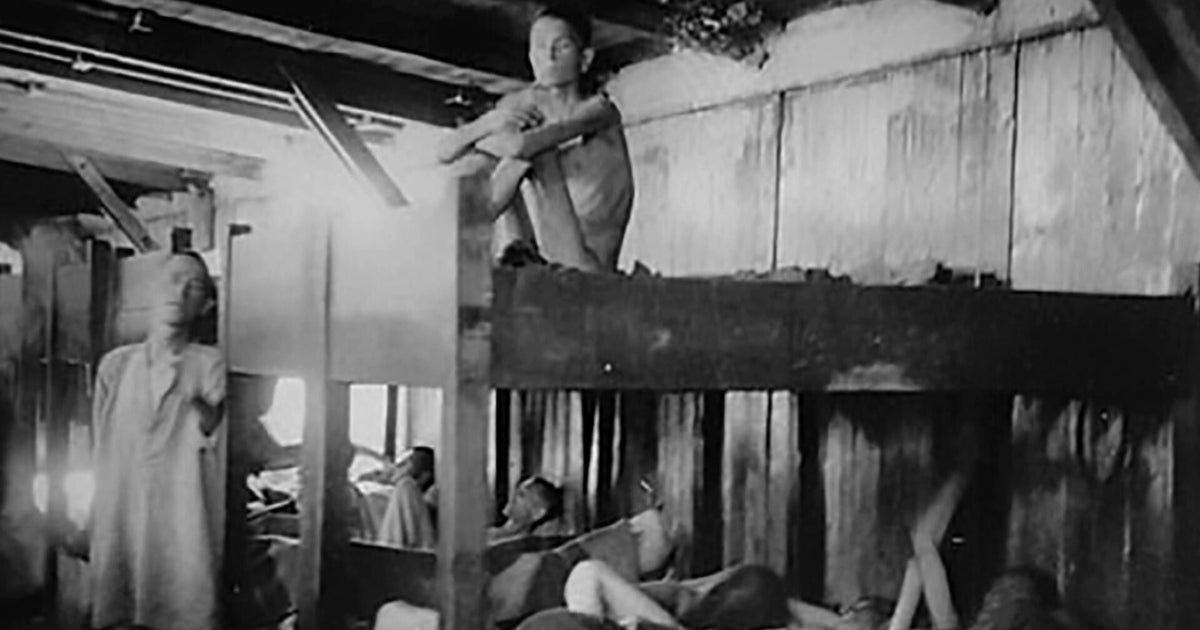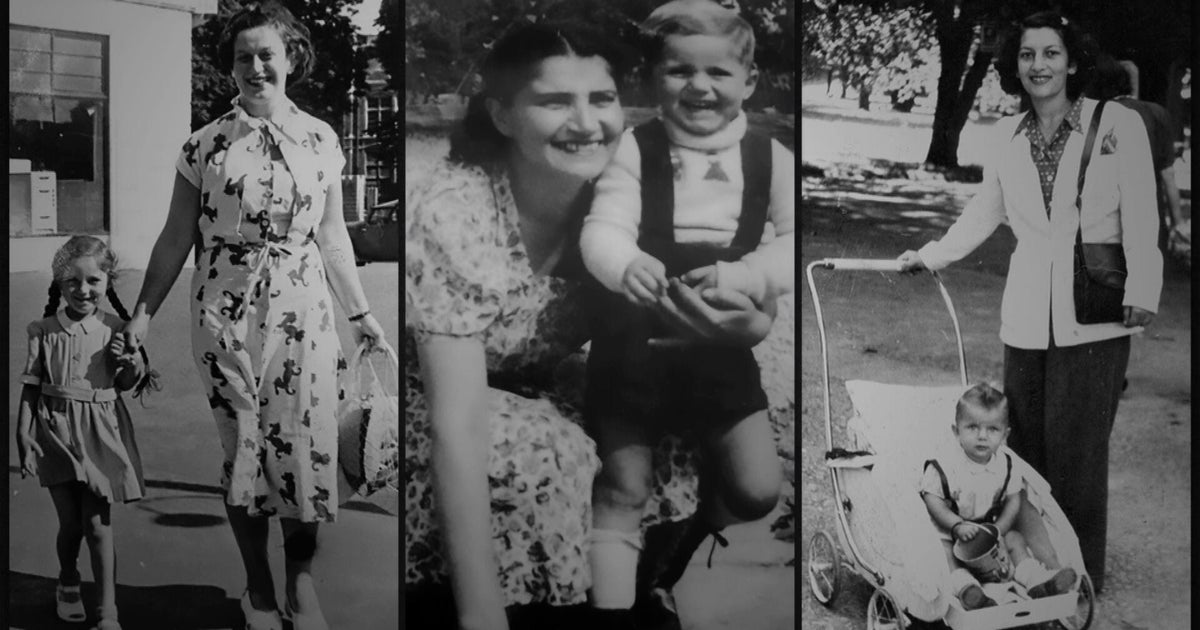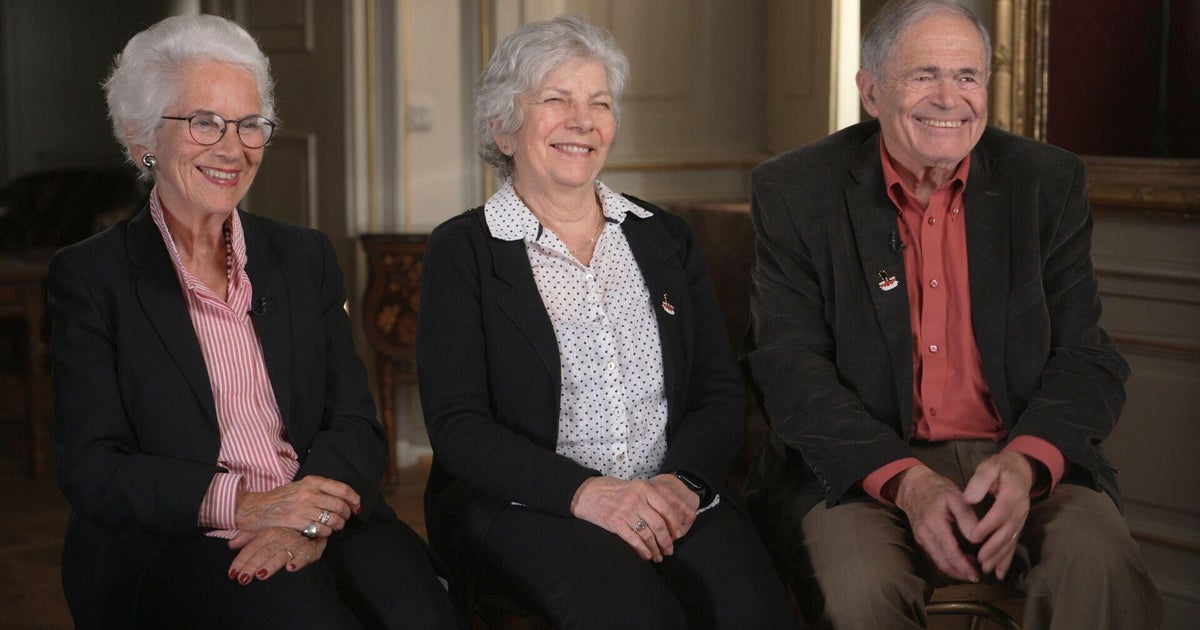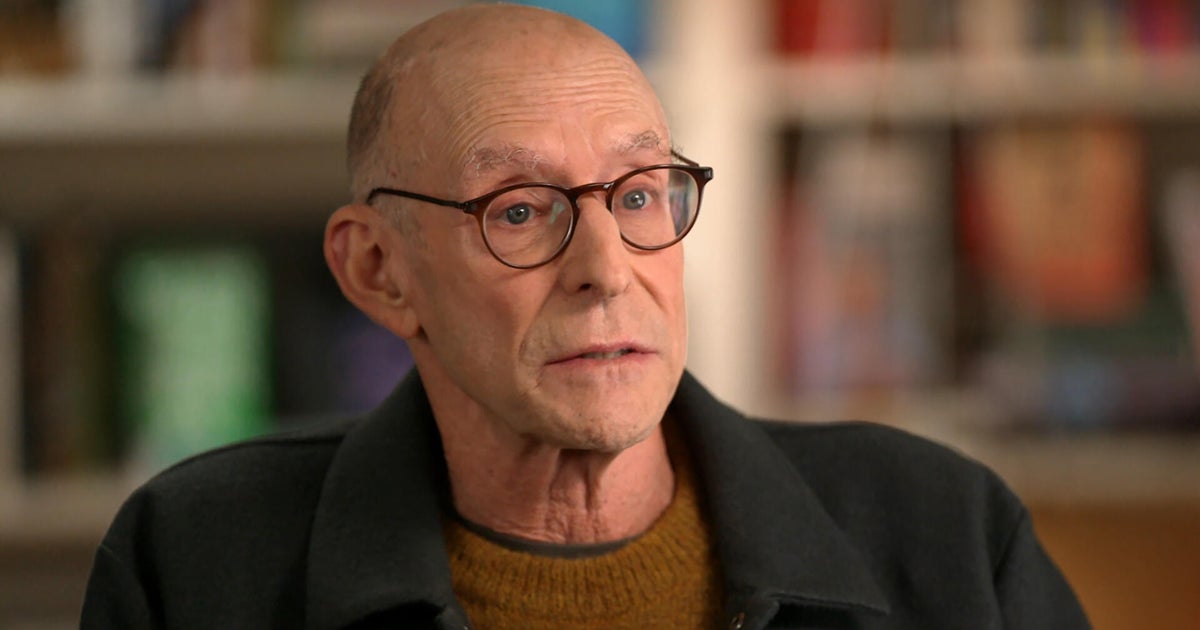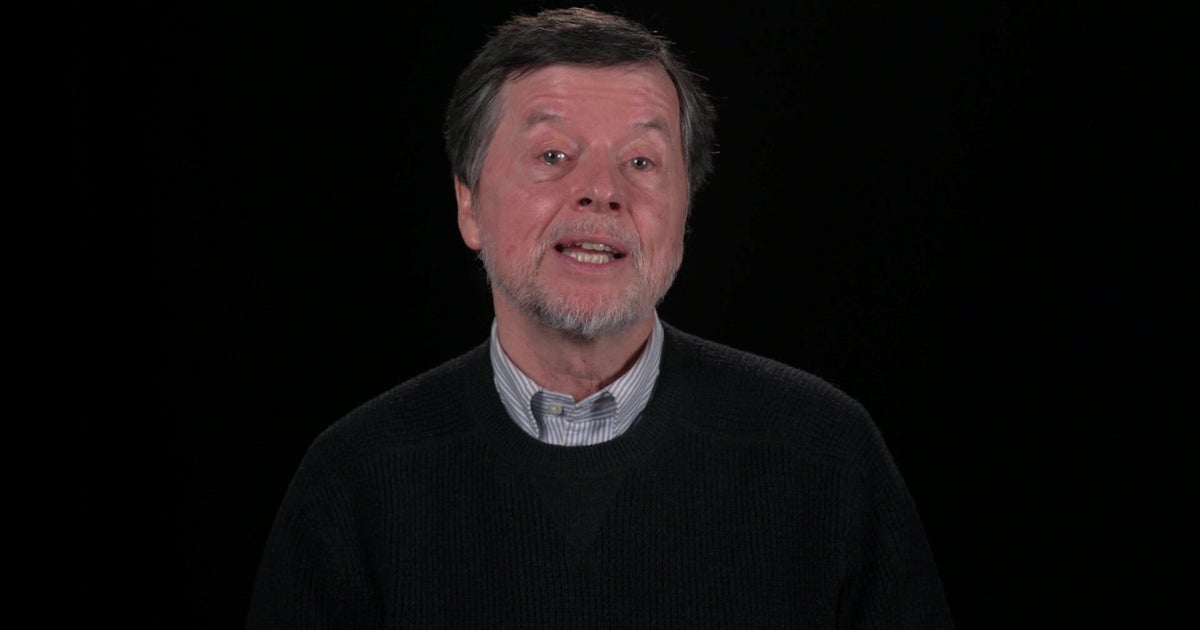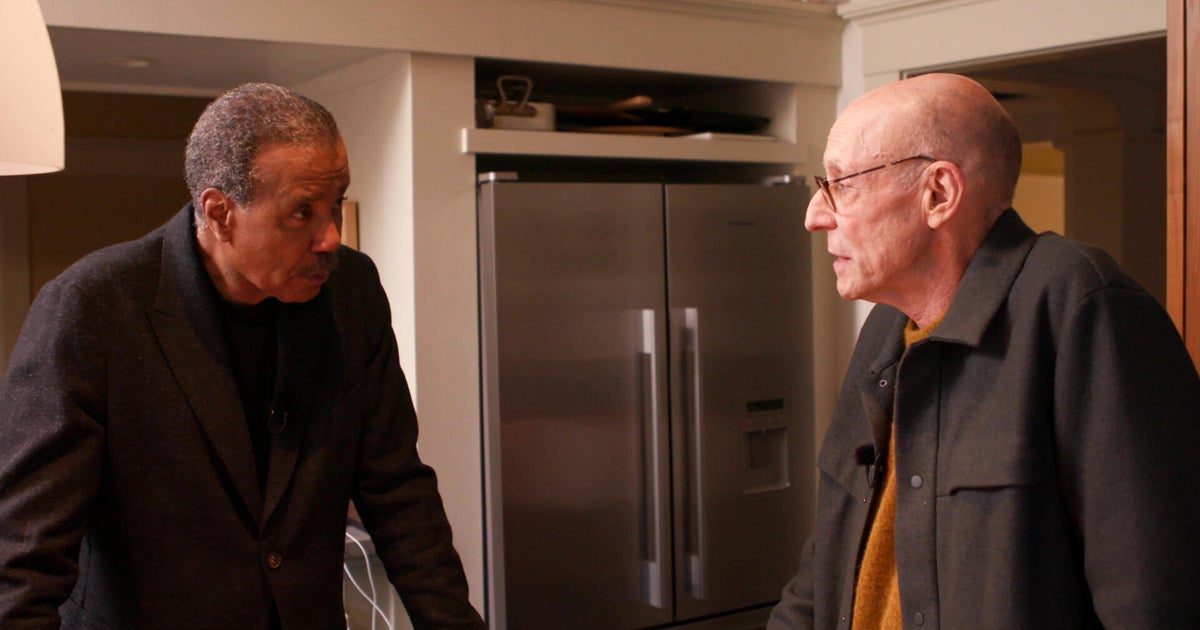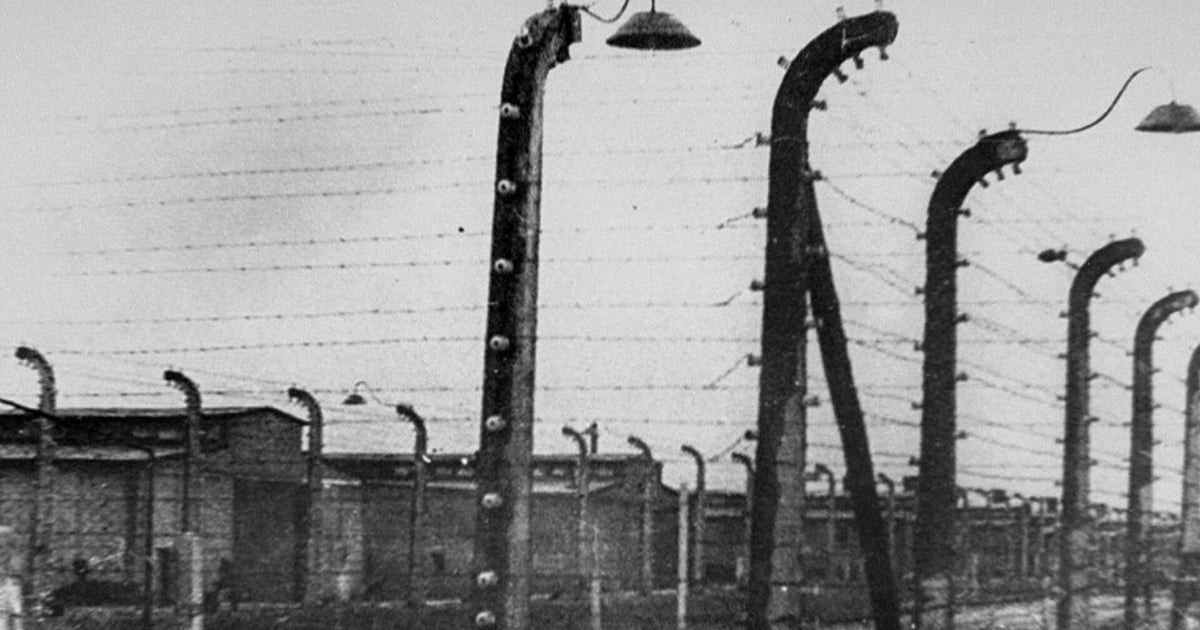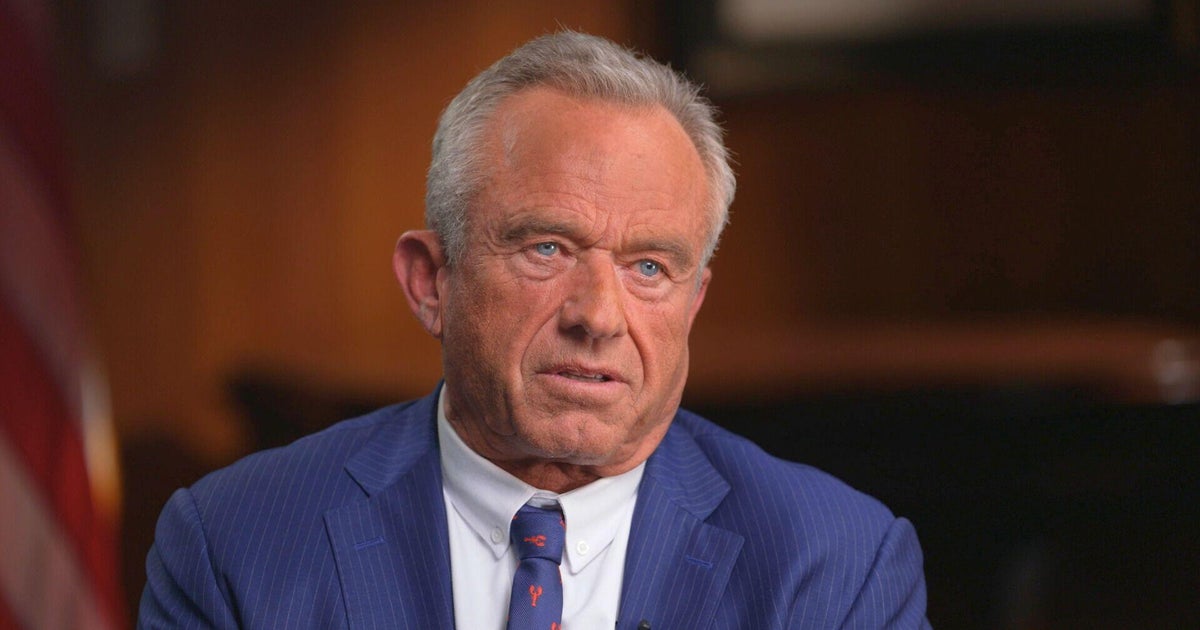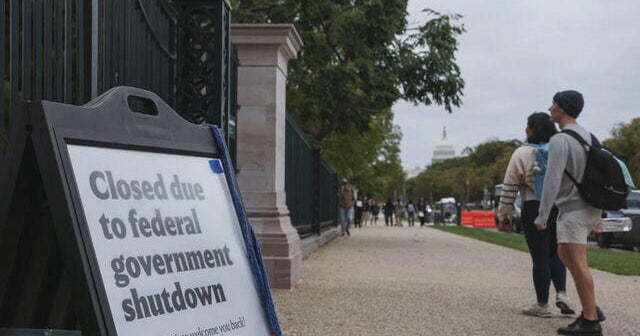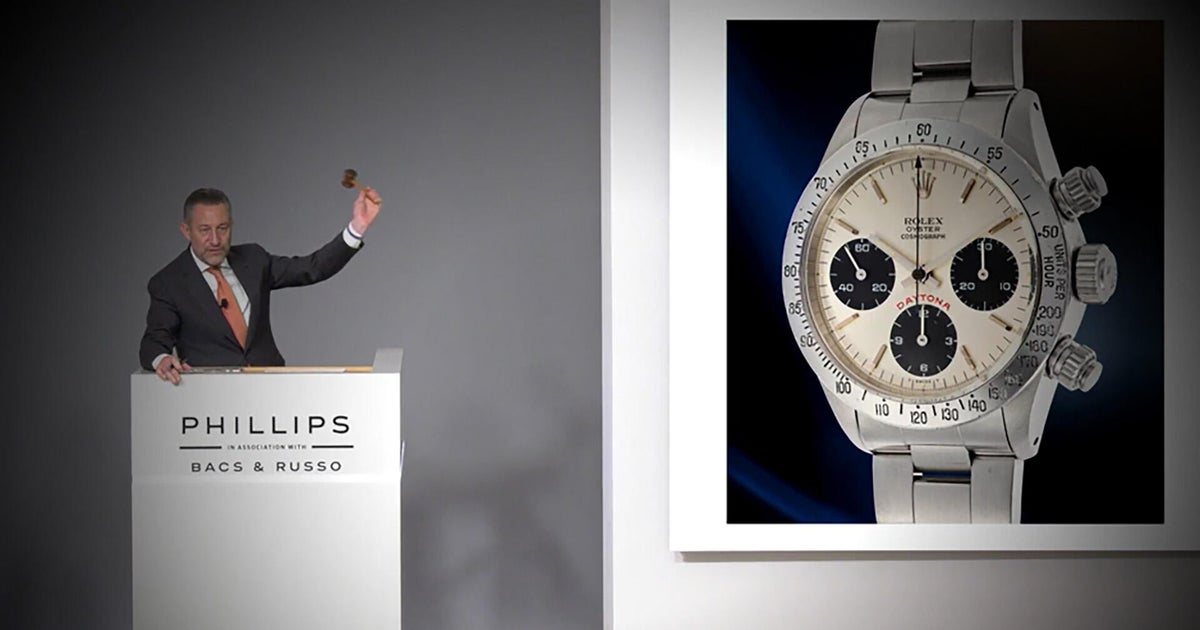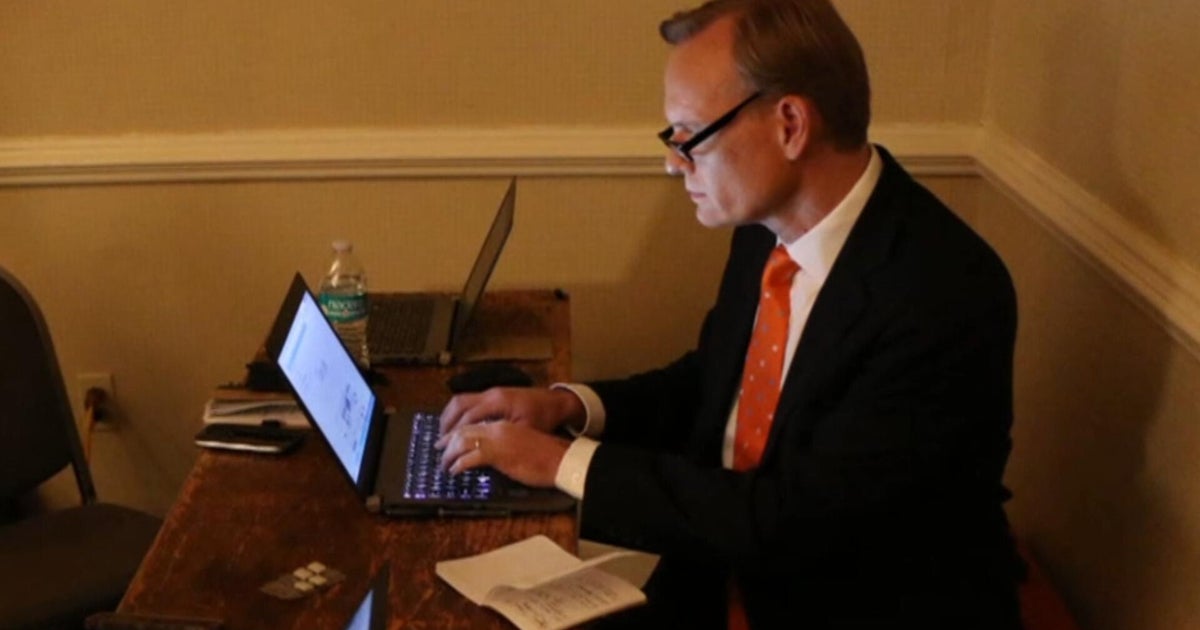THEATRE
DAYTIME DEEWANE
Riverside, October 18, until October 25
Reviewed by KATE PRENDERGAST
★★★★
In 1980s Britain, after racist club bouncers wouldn’t give anyone with brown skin their share of night, a new underground subculture emerged. These were the Daytimers, day parties run by South Asian collectives, where shunned ravers could congregate on their own terms, to their own DJs, dancing to new music blending bass-kicked Bhangra, Asian garage and diaspora-mixed jungle.
Azan Ahmed sets his award-winning 2022 play at the last Daytimer party, in London in 1997. Sixteen-year-old Farhan (Ariyan Sharma), wonders whether Islam forbids dancing as he scurries nervously in school uniform towards his first-ever rave. His 20-year-old rude-boy cousin Sadiq (Ashan Kumar), bounces about impatiently in wifebeater vest and chains, breaking into rhapsodies on the dancefloor’s true radical principles of defiance, humanism and transcendent release.

Ariyan Sharma and Ashan Kumar are excellent as two cousins on clashing coming-of-age trajectories in Daytime Deewane.Credit: Phil Erbacher
Built on the twists in its character foils, Daytime Deewane unfolds as a story about these two very different young Muslim men, each trying to define his means and methods of self-respect against the values and expectations of his heritage. It loses its beat in the last stretch – the time leap to a reunion scene strikes an off-key chord and leaves us with an ambiguous moral takeaway – but there’s a lot to rate highly in this play about migration, masculinity and faith.
Its two leads go point-for-point in endowing Riverside’s Australian premiere with humour and depth. Sharma gives us signature goof as the duty-bound teenage square, cutting Farhan the weirdest of shapes as an aspirational “peacock” bro while asking where the prayer room’s at.
This is Kumar’s first time on a main stage – to the hyper-masculine Sadiq he brings muscular swag, easy style, and an open nerve to the vulnerabilities of someone who has only one clear exit strategy. Between speaker stacks, drenched by neon lights and under director Sepy Baghaei’s hand, we see the cousins’ close bond in boyish joys and tenderness, connecting over the chasm of their diverging priorities.
In common with the sacred space of the rave, their perfect brotherhood is an ideal that’s constantly under siege. The first rupture occurs when Sadiq’s sweet-talking (direct to women in the audience) turns into slut-shaming, prompting Farhan’s first challenge to the guy he grew up idolising. The topic of their fathers is the main trigger point – one is about to be deported, the other is disappointed in his “stupid” son. The baggage they carry means they travel differently through life. It takes a lot for each not to read this as betrayal.
Daytime is the first play by UK poet Ahmed (he’s written and performed in a few more since), who adds rhymes to his characters’ monologues, sliding naturalistic into slam. It’s a bold decision with some pay-off, though not all of it works. Our Daytimer tracklist, by Chrysoulla Markoulli, is electric. If you’re a punter with that special strain of raver blood, it might be hard to sit still.
A modern play that goes back to the old school, Daytime Deewane brings a lost scene of the diaspora’s beautiful rebellion to Parramatta with top-notch leads. Put it on your dance card if you can.





